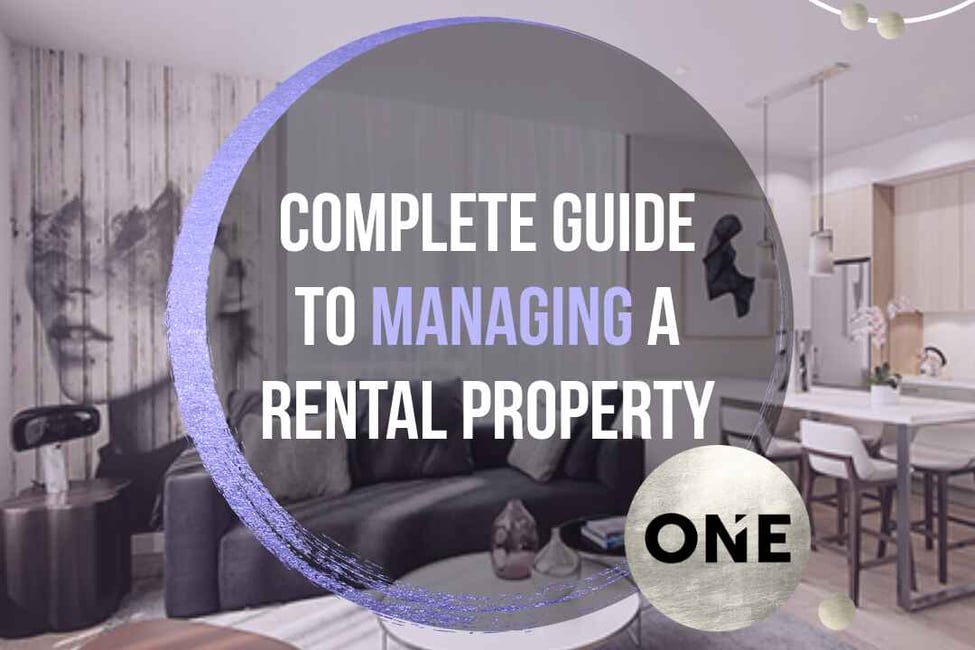Efficient record-keeping is the backbone of successful rental property management. Proper documentation not only helps you stay compliant with legal requirements but also ensures smooth financial tracking and effective dispute resolution. Here’s a comprehensive guide to streamlining your record-keeping process:
1. The Importance of Record-Keeping
Legal Compliance: Proper record-keeping helps you stay on top of legal requirements and avoid potential penalties. By keeping thorough and accurate records, you ensure that you’re meeting all regulatory obligations and can easily provide documentation if needed.
Financial Tracking: Accurate financial records are crucial for tax purposes and budgeting. Tracking rent payments, expenses, and other financial transactions ensures you’re prepared for tax season and can make informed financial decisions.
Dispute Resolution: Well-maintained documentation is essential for resolving disputes with tenants. Having clear records of communications, payments, and maintenance requests can help you address issues swiftly and fairly.
2. Essential Records to Keep
Lease Agreements: Always keep signed and dated copies of all lease agreements. This includes any amendments or renewals. Ensure these documents are stored securely to protect sensitive information.
Rent Payment Records: Track all rent payments and any outstanding balances. This includes documenting late fees and any other financial transactions related to rent.
Maintenance and Repairs: Document every maintenance request, repair, and associated cost. Keeping detailed records of maintenance work helps you manage property upkeep and provides a history of issues and solutions.
Correspondence: Save copies of all communications with tenants. This includes emails, notices, and any other written correspondence. Maintaining a clear record of interactions helps in managing tenant relationships and resolving disputes.
3. Organizing Digital and Physical Records
Digital Organization: Leverage property management software or cloud storage solutions to organize digital records. These tools provide easy access, backup options, and can help you manage documents more efficiently.
Physical Organization: For hard copies, create a filing system with labeled folders. Organize documents into categories such as leases, payments, maintenance, and correspondence. This system makes it easy to find and retrieve documents when needed.
4. Tips for Efficient Record Management
Consistency: Update your records regularly to ensure they’re accurate and current. Consistent record-keeping prevents gaps in documentation and helps maintain an organized system.
Backup: Ensure all digital records are backed up to avoid data loss. Utilize cloud storage solutions or external hard drives to create multiple backups of important documents.
Accessibility: Keep your records organized and easily accessible. Whether digital or physical, ensure you can quickly locate and reference any document when needed.
By following these guidelines and tips, you can streamline your record-keeping process, manage your rental property more efficiently, and stay compliant with regulations. Implementing effective record-keeping practices will ultimately lead to smoother property management and better tenant relations.

